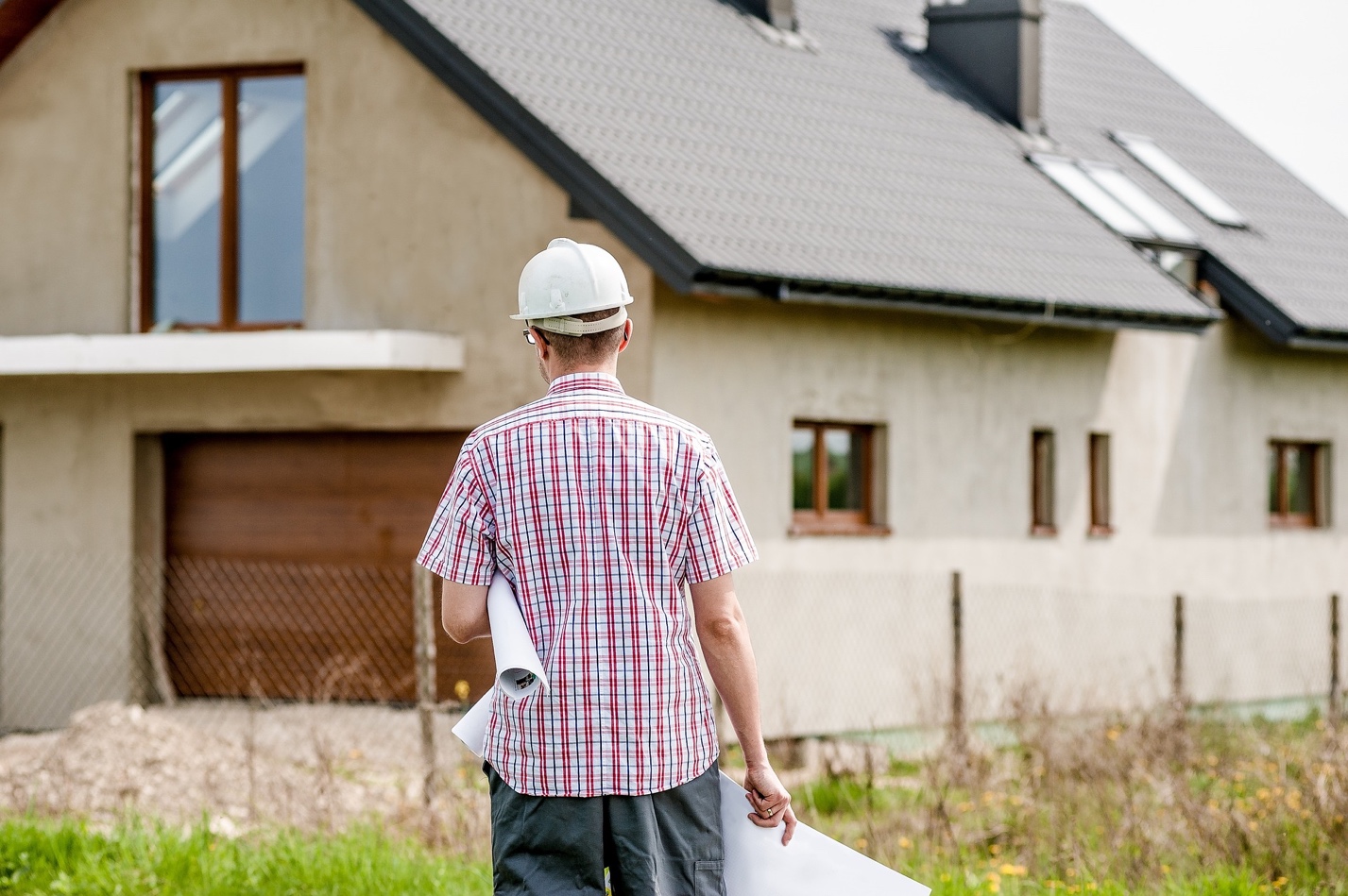Home inspections are an in-depth and non-invasive evaluation of the home’s main systems comprising: Roof, Foundation, Structure and Electrical, Plumbing HVAC, appliances and drainage to:
- Reveal functional defects
- Inform the client about any safety or health hazards
- Inform the client about the expected general maintenance
- Provide recommendations for remediation
The Home Inspection Process
A home inspection usually lasts about 3 hours, depending upon the dimensions of the home and the foundation type as well as problems found. In the course of the inspection, the home inspector will usually look at the following aspects:
Interior components: Inspectors inspect everything, from condition of the building materials used for the walls to the landscaping and grading that surrounds the home. Particular attention is paid to the placement of balcony/stairway railings as well as the leveling of driveways and sidewalks that could be a potential risk to safety.
Roof: It is assessed for cracks or storm damage. Inspectors of homes often utilize ladders with telescopics and high traction roof boots for an in-depth inspection of the roof.
Structural elements: Apart from walls and ceilings, floors and floors as well as the foundation and framework are also inspected for damage and defects with a zip level. determine the heights at the corners.
electrical system: AFCI as well as GFCI outlets safety devices are inspected by using testers for AFCI/GFCI to ensure these circuits are secure. Simple electrical testers and voltage indicators are utilized to verify the correct operation in the circuit. Electrical appliances included with purchases are checked.
Insulation: Quality of the insulation influences the cost of electricity. Inspectors pay particular focus on the quality of insulation and ventilation in the attic. They may suggest installing additional insulation, in the event that it is needed.
Windows: Windows are a key factor in ensuring good ventilation and fire security.
plumbing: A home inspection examines for leaks anywhere there is water running through the home. Therefore, tools such as the moisture meters as well as Infrared Thermal Imaging cameras are employed to provide a more precise evaluation. A smooth function of kitchen appliances and bathrooms is checked. Also, pipes are inspected to ensure that they are protected from freezing.
The property’s features are not all that is inspected under a standard Home inspection in St Augustine that focuses on the features that are applicable to all homes. The most popular high-value add-ons are:
- Termite/WDI: $95- $150
- Septic: $95
- Water Testing Price: $200 (includes sending samples to laboratory and paying fees for lab)
- Pool and Spa Inspection: $75
- Foundation Elevation Report: $150
A home inspection can give you an accurate idea of what you’re investing your money into. The report could help you in negotiations regarding the cost of your home in negotiations with the owner. Additionally, a thorough review of an inspection includes essential recommendations that can help transform any property into a secure refuge for you.
Frequently Asked Questions
What is an inspection of your home?
Home inspection refers to the thorough evaluation of both the structure as well as the mechanical structure of a home. The inspection is non-invasive and aims to find various flaws and damage within a home, particularly prior to putting the money to purchase it.
What is the cost of an inspection for your home cost?
The price of home inspections will depend on the skills of the inspector as well as how big the property. It can typically be $300-$500 to have your home inspected by a skilled professional. The cost could be more in the event that you decide to go for a special inspection instead of the regular ones. But, it’s an investment worth it.
What’s being inspected during a home inspection?
During a home inspection, the inspector employs equipment, technology, and experience to determine:
- The structural integrity that includes the foundation and framework
- Exterior components, such as driveways, sidewalks, and vegetation
- Roofing
- Electrical system
- Essential electrical appliances’ functionality
- Plumbing
- Insulation
- Ventilation
- Pest infestation
- Gas leaks
What are the things to look out for when you hire a home inspector?
The most important aspects to be looking for when hiring a house inspector are:
- A valid licence from the Province or State
- A professional certification from an organization such as The American Society of Home Inspectors (ASHI) and The International Association of Certified Home Inspectors (InterNACHI)
- Many years of experience
- Online reviews
- A sample portfolio of inspection reports

